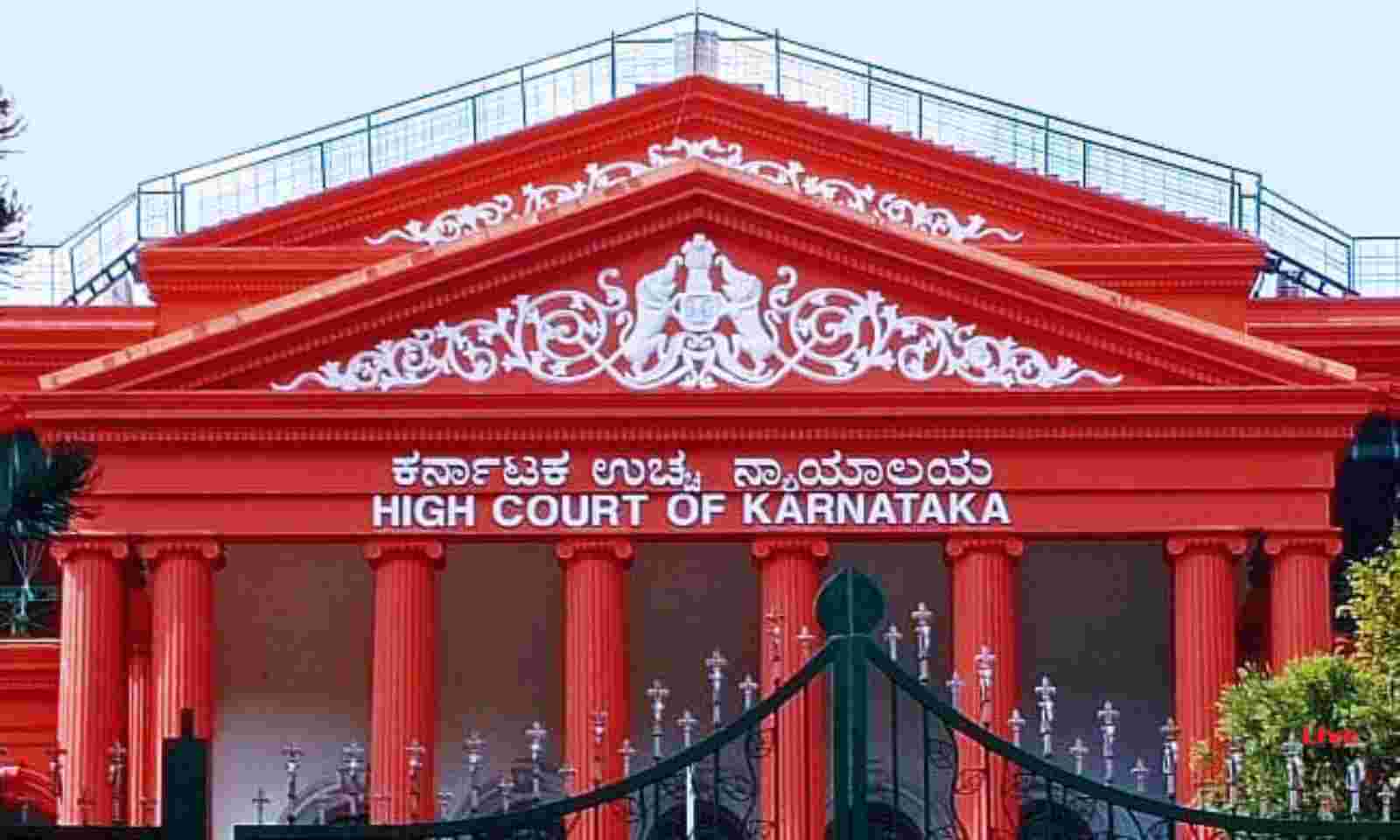HC: BBMP bylaws contrary to municipal corporations Act
‘Civic body has no authority to levy ground rent, building licence, scrutiny fees’
‘Civic body has no authority to levy ground rent, building licence, scrutiny fees’

In a judgment that will cause a huge blow to the Bruhat Bangalore Managara Palike’s revenue, the High Court of Karnataka has declared that the bylaws, under which ground rent, licence fee, building licence fee, scrutiny fee, security deposit are being charged for a building plan sanction, are unenforceable, as they are contrary to the provisions of the Karnataka Municipal Corporations Act, 1976.
The court also directed the BBMP to refund crores of rupees deposited by petitioners, including several landowners, real estate developers, and others, while applying for building licences, within 12 weeks from the date of receiving representations from the petitioners.
However, the court made it clear that the State government or the BBMP are not precluded from bringing in these fees lawfully by making suitable amendments to the Act and the Rules.
Justice M. Nagaprasanna delivered the verdict while allowing 140 petitions filed by Sunderam Shetty and others during 2015-2020, questioning the BBMP’s bylaws related to levy of these fees, and the circulars issued in 2015 and 2017, revising these fees linking them to the guidance value of the properties.
Pointing out that framing of bylaws is dealt under Sections 295 and 423 of the KMC Act, the court said that nowhere do these sections empower framing of bylaws to impose any of these fees by the corporation.
“Imposition of ground rent, linking of licence fee and scrutiny fee to the guidance value are manifestly arbitrary, as the guidance value would vary from place to place...,” the court said, while noticing that the imposition of ground rent, which is being charged for storing construction materials on public places like roads, pavements etc., on constructions on large private properties is arbitrary, as many of them don’t use public properties to store such materials.
“Linking guidance value for the same purpose of imposition of ground rent would result in gross arbitrariness and is violative of Article 14 of the Constitution of India. It is these circulars that linked the demand of the impugned levy to the guidance value that left the citizens bleeding and the business houses fleeing,” the court observed, while pointing out that the guidance value, which is determined for ensuring uniform stamp duty, cannot be used for levy of fee for a building plan sanction.
At the same time, the court said that it cannot be said that any person, who uses the public property, can use it without payment of any fee. The fee, chargeable for storing materials on the public property, cannot be levied based on guidance value but has to be properly determined after bringing in suitable amendment to the law and not under the by-laws that are now being used to impose such fee, the court said.
“Even a rupee cannot be taken from a citizen as fee except in accordance with law,” the court observed, while pointing out from the judgments of the apex court that fee can be charged for special services rendered by the government agency and that fee is supposed to be based on expenses incurred by the government in rendering the services and there should be a reasonable co-relation in service rendered and collection of fee.
In BBMP’s case, the fees for grant of building licence are payable to the BBMP for approving construction plan and issuing licence, and an applicant for approval of a plan would submit a blueprint of a plan prepared at his own expense along with no objection and other supporting documents as prescribed in law, the court said, while declining to accept BBMP’s contention that fee is being levied towards expenses for grant of licence and for improvement of the city.
The court also noted that BBMP has separate provision to levy betterment/improvement charges.
https://www.thehindu.com/news/national/karnataka/hc-bbmp-bylaws-contrary-to-municipal-corporations-act/article35846303.ece